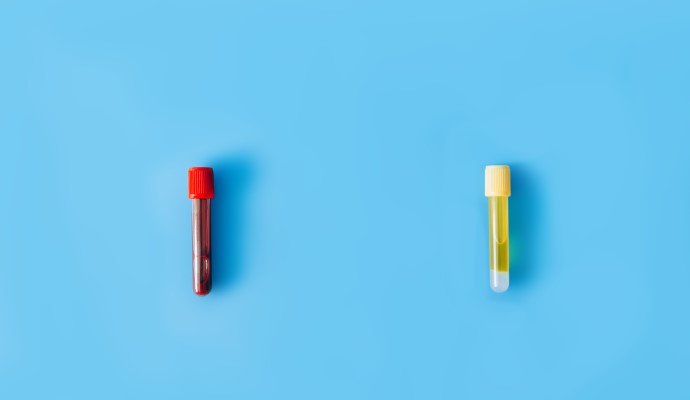Second Analysis Finds Moderna’s COVID-19 Vaccine 94.1% Effective
The continued analysis of the Phase 3 study of Moderna’s COVID-19 vaccine found that it continues to be generally well tolerated with no safety concerns identified to date.

Source: Thinkstock
- Moderna recently announced that a second primary analysis of its COVID-19 vaccine candidate, mRNA-1273, found a 94.1 percent vaccine efficiency against the coronavirus.
The Phase 3 study, COVE, has enrolled over 30,000 participants in the US and is based on the analysis of COVID-19 cases confirmed and adjudicated two weeks after the second dose of a vaccine.
Vaccine efficiency was observed in a total of 196 cases, of which 185 were in the placebo group and 11 were in the mRNA-1273 group.
A secondary endpoint analyzed 30 severe COVID-19 cases of COVID-19, all of which occurred in the placebo group and none in the group that received the mRNA-1273 injections.
These findings come a week after the first interim analysis of mRNA-1273, which showed a vaccine efficiency of 94.5 percent across just 95 cases. While the second endpoint analyzed 11 severe COVID-19 cases, all of which occurred in the placebo group.
New evidence also showed that there was one COVID-19-related death in the study to date, which occurred in the placebo group.
“This positive primary analysis confirms the ability of our vaccine to prevent COVID-19 disease with 94.1% efficacy and importantly, the ability to prevent severe COVID-19 disease. We believe that our vaccine will provide a new and powerful tool that may change the course of this pandemic and help prevent severe disease, hospitalizations and death,” Stéphane Bancel, chief executive officer of Moderna, said in the announcement.
The most common solicited adverse event reactions were injection site pain, myalgia, arthralgia, and headache, which were consistent with the first analysis. No additional safety concerns have been identified.
In addition to the second primary analysis results, Moderna said it will request an emergency use authorization from FDA and conditional approval from the European Medicines Agency.
Shipping of mRNA-1273 will occur just after an emergency authorization is granted, the company stated in the announcement.
By the end of 2020, Moderna expects to have nearly 20 million doses of mRNA-1273 ready to ship in the US. So far, the company is on track to manufacture 500 million to 1 billion doses globally by next year.
FDA’s Vaccines and Related Biological Products Advisory Committee (VRBPAC) meeting to review the safety and efficacy data package for mRNA-1273 will likely take place at the end of December.
Current trials of mRNA-1273 are being conducted in collaboration with the National Institutes of Allergy and Infectious Disease (NIAID), part of the National Institutes of Health (NIH), and the Biomedical Advanced Research and Development Authority (BARDA), part of HHS.
Similar to Moderna’s vaccine candidate, Pfizer and BioNTech also found earlier this month that their mRNA-based COVID-19 vaccine, BNT162b2, was over 90 percent effective in participants with and without the coronavirus.
There were only 10 severe cases of COVID-19 observed in the trial: nine in the placebo group and one in the group receiving BNT162b2.
The companies stated that they will produce 50 million vaccine doses globally in 2020 and up to 1.3 billion doses by the end of 2021.
Although both Moderna’s and Pfizer’s vaccine candidates use the same technology and have very similar efficacy, experts noted a few differences between the trials and dosages.
First, Moderna enrolled just over 30,000 participants in its clinical trial, while Pfizer enrolled over 45,000 participants.
And while both companies spaced vaccine dosages out 28 days apart, Moderna measured efficacy in participants 14 days after administration and Pfizer measured efficacy just seven days after.
Therefore, participants vaccinated with Moderna’s vaccine had seven additional days to develop any immunity before they were counted.
It remains to be seen if these experimental COVID-19 vaccines will gain FDA approval. But if they do, they will be the first-ever authorized vaccines that use mRNA technology.
